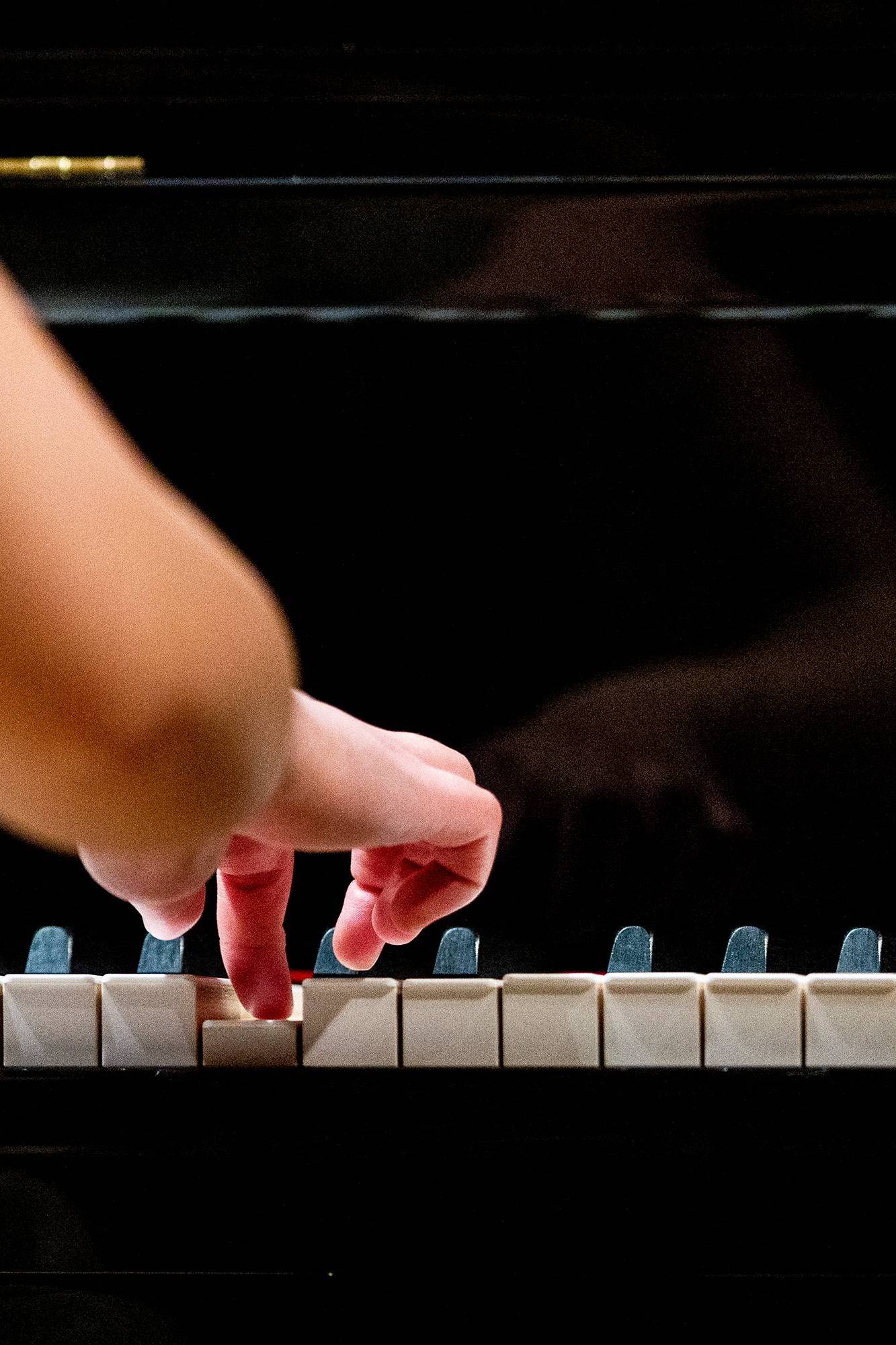We want all music students to succeed in every part of their academic careers at UVU. We’ve gathered the following resources from both within the department and across the university to help you do just that.
The School of the Arts has a great team of academic advisors to make sure you are prepared for your college journey. Students are encouraged to meet with an advisor often to make sure they are on track for graduation. The music advisors can help you register for classes and are able to answer any questions you may have about being a music major.

Take advantage of these excellent academic resources to succeed in your classes.
We care about student health, wellbeing, and success. There are many resources available to students at UVU. If you need help finding the support system you need, please reach out.

UVU students may study privately with faculty who are highly qualified teachers and performers. Lesson options are as follows:
Proper lesson preparation is crucial to the success of private instruction. Practice requirements for non-music majors are one or more hours per day. Music majors should be devoting at minimum two hours per day (see area coordinators for specific requirements). Private practice time should be focused and disciplined, with clear aims in mind. Students should consult frequently with their teachers to receive recommendations for effective practice strategies. Continual exposure to recordings and live performances will accelerate the development of technical and interpretive skills. Private teachers may choose to use practice charts or some other method of evaluating student practice. Music majors will be asked to provide average weekly practice amounts during their juried evaluations at the end of each semester.
Private instructors are under no obligation to make up a missed lesson unless notified at least 24 hours in advance. If an instructor needs to cancel a lesson, it will be rescheduled.
All music majors are required to attend and perform in their area performance classes. Performance classes provide vital opportunities for student performances, critiques, discussions on performance practices, and guest artist appearances. Performance classes meet during specified times for each performance area. Students must register for MUSC 251R or MUSC 451R Performance Class concurrently with their private instruction courses (MUSC 250R, 450R, or 455R).
All music majors are required to perform in a jury at the end of the semester. Guidelines for jury preparation and performance are determined within each performance area. Three weeks prior to juries, students should come to the music office and fill out a jury form. This form will be used by jury members to record their evaluations. Following juries, students may come to the music office to receive a copy of their juried evaluations. A copy will also be placed in each student's permanent file.
Private lesson assignments are arranged by performance area coordinators in consultation with area faculty. Students with a teacher preference should indicate that preference on the lesson sign-up form. The coordinator and faculty member will determine if the assignment is appropriate and beneficial to the student. Students will receive an email notification of their teacher assignment by the end of the first week of classes. Lessons begin the second week of classes.
Performance Area Coordinators:
All students enrolled in MUSC 1110, Music Theory I, and music majors who self-select into MUSC 1100, Music Fundamentals are required to take an online music theory placement test prior to the first day of semester classes. The results of this test may indicate a need for further theory training before entrance into Music Theory I. In such cases, students should register for MUSC 1100, Fundamentals of Music (offered Fall, Spring and Summer semesters). Students who register for Fundamentals of Music during Fall semester may remain on track with the required course sequences by taking Music Theory I, and Aural Skills I during Spring semester; followed by Music Theory II and Aural Skills II during Summer semester.
Please contact Dr. Maddy Tarantelli for the link to this semester’s placement exam.
All music majors must pass a Sophomore Review before entering into upper-division private instruction.
Sophomore Review requirements include:
Four semesters of music-major lessons and ensembles must be completed on one instrument or voice. Students who switch instruments will be required to take lessons and ensembles until four semesters on one instrument have been achieved. Students who major in more than one instrument run the risk of insufficient progress on both instruments. It is strongly advised, therefore, that students focus on one primary instrument. Jury evaluations are important indicators of strengths and deficiencies in student performance. If significant deficiencies still exist at a fourth-semester jury, jury members may deny passage. In such cases, the student will be advised on the particular aspects of deficiency and given strategies for improvement. The student will be given the opportunity to repeat the jury examination after one additional semester of private instruction. A second denial of passage will result in non-advancement to upper division private instruction (MUSC 450R, 455R). In the event of a tied vote by the jury panel, the Area Coordinator will determine the final outcome.
Download the student recital packet below.
Music majors are required to pass keyboard proficiency examinations in preparation for their Sophomore review. Students who complete Group Piano I, II, III, and IV with a ‘B’ or higher will fulfill exam requirements. Students who have attained a requisite level of competency in piano may be exempted from group piano coursework through a demonstration of exam requirements.
All Keyboard Proficiency Exams are submitted online.
Please download the Proficiency Exam Packet and watch the tutorial video associated with your exam. Email [email protected] to register and receive any unknown material (such as sight-reading and the harmonization/transposition exercise). There is a 24-hour window to complete all exams.
(Please note that all scales, arpeggios and chord progressions need to be memorized.)
(Please note that all scales, arpeggios and chord progressions need to be memorized.)
(Please note that all scales, arpeggios, seventh chords, and modulations need to be memorized.)
(Please note that all scales, arpeggios, modal scales, and connecting bridge modulation need to be memorized.)
